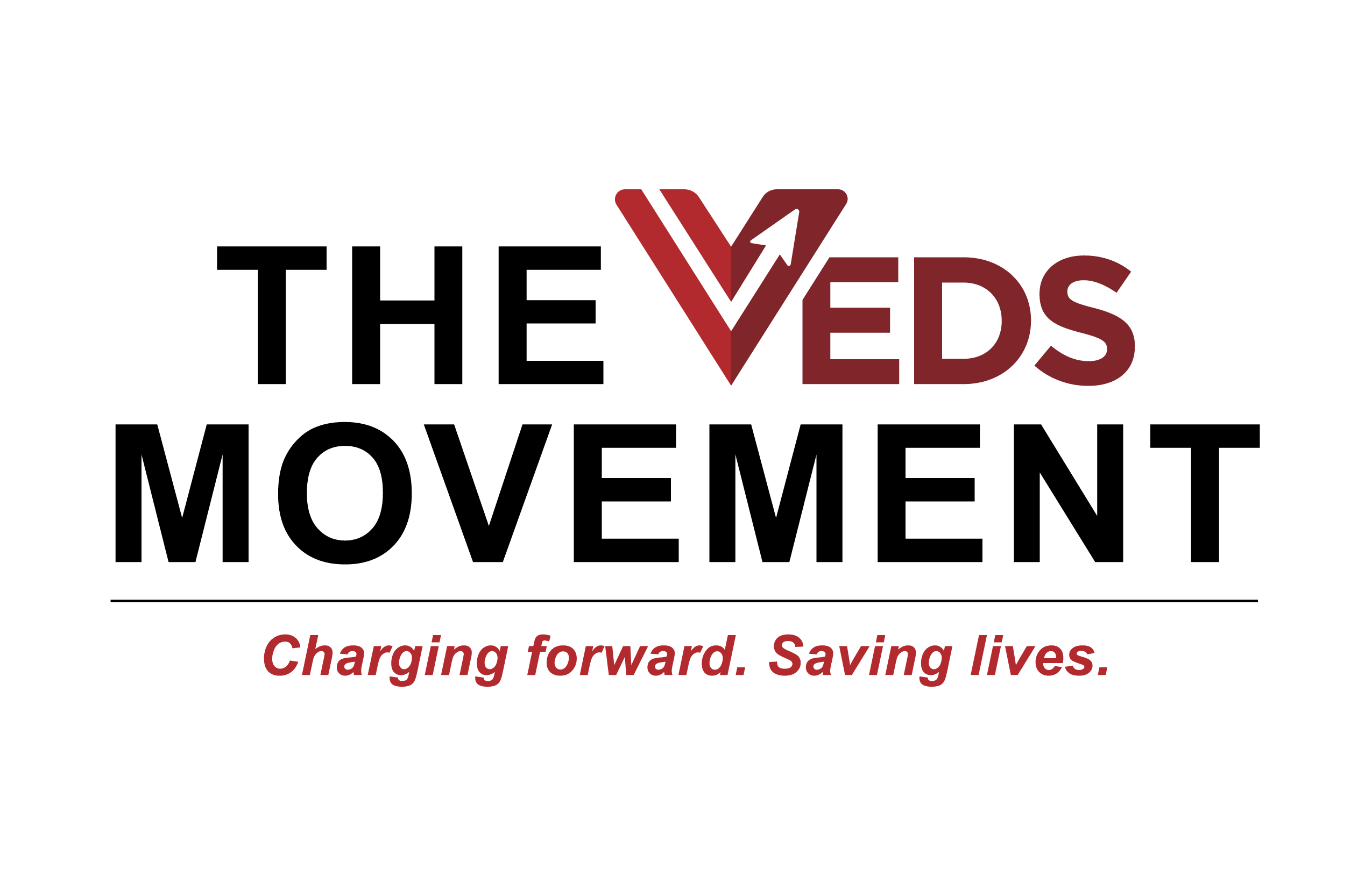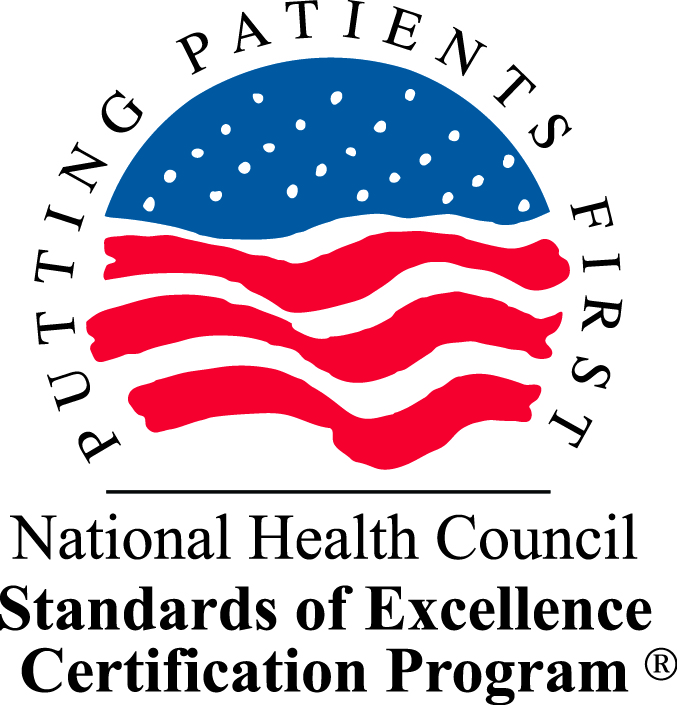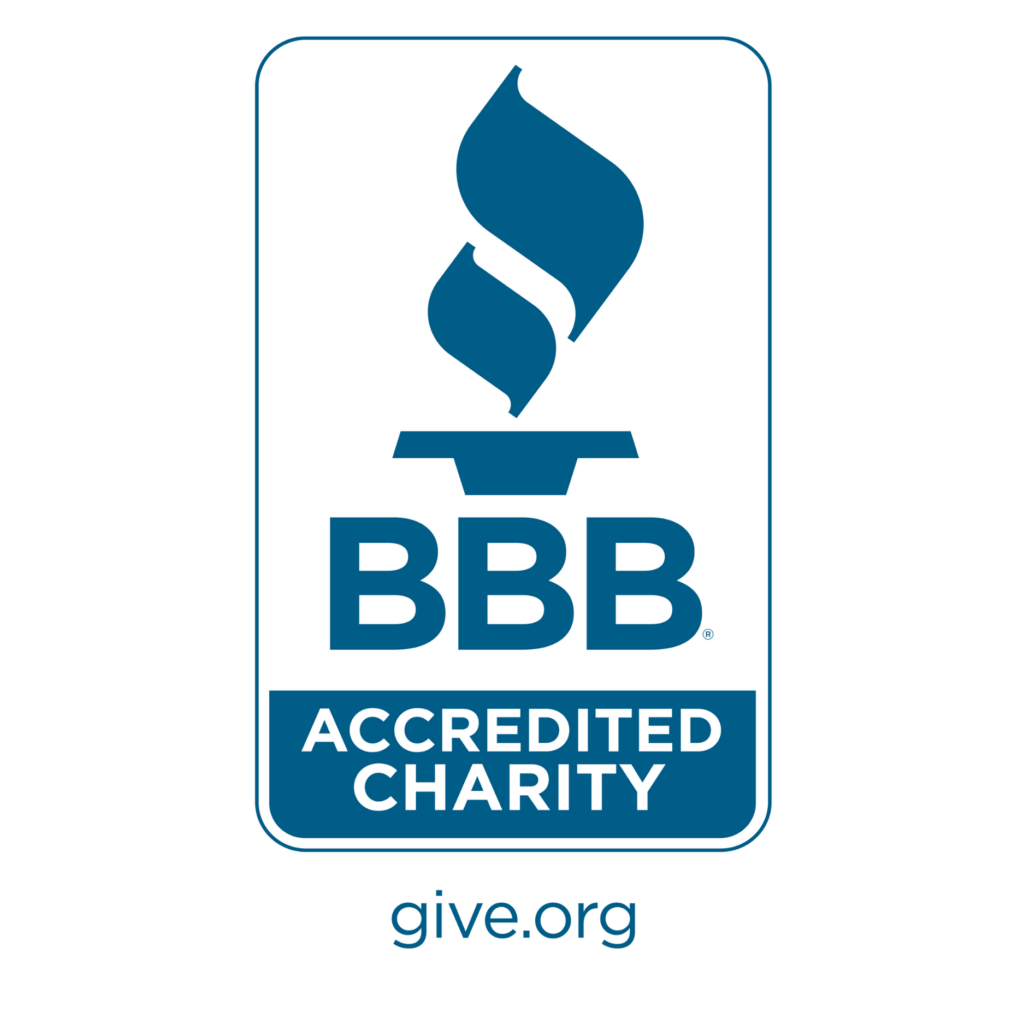Correct medical management of Vascular Ehlers-Danlos Syndrome (VEDS) is essential to ensure that your child is able to live a dynamic and satisfying life with VEDS.
How to Find the Right Doctor
It is best to start by finding a doctor who has experience working with people or children who have Vascular Ehlers-Danlos Syndrome (VEDS). The VEDS Movement can help you find a doctor who knows about VEDS and related conditions. To find a doctor:
- Contact our Help & Resource Center online or call us at 800-862-7326 ext. 126
- Attend Annual Conference and apply for a free health assessment for diagnosis and specific VEDS issues from the nation’s experts.
How Can I Make the Most of Our Visits to the Doctor?
You may feel overwhelmed with information when your child is first diagnosed with Vasular Ehlers-Danlos Syndrome (VEDS). Many people find it helpful to jot down questions as they think of them; then when you talk to your child’s doctors, you can be sure all your concerns are addressed. If your child is old enough, you may want to suggest that your child write down what they would like to ask their healthcare provider.

Some questions you may want to ask are:
- How did you make this diagnosis?
- Is there any other condition my child might have instead of Vascular Ehlers-Danlos Syndrome?
- What if my child does not have enough features to get diagnosed? What should I do?
- How often should my child be checked by a cardiologist, vascular surgeon, and/or clinical geneticist?
- What other specialists should my child see?
- Can children with VEDS exercise or play sports?
- Is there anything my child can do to reduce the risk of vascular problems?
- How and when should I talk to my child about VEDS?
- What services are available to help my child and my family to cope with the diagnosis?
- What are the psychological and emotional effects of this condition?
- What is the risk of aortic dissection or arterial dissection in children?
- What is the risk of bowel perforation in children?
- Are there any routine exams that need extra care now that we know my child has VEDS?
- Are there any other resources you can point me to for more information?
Find more information about the ways VEDS impacts the body.
Healthcare Coverage
When your child has Vascular Ehlers-Danlos Syndrome, you must have appropriate healthcare coverage. Read your insurance plan carefully and keep in mind the features of your child’s condition now, as well as what could become more serious in the future and require additional medication and surgery. When evaluating your current health insurance or exploring new plans, make sure it:
- Includes disability services
- Covers major surgeries and, if so, what percentage of the cost does the plan cover
- Provides discounts on medications
- Allows you to visit the healthcare provider of your choice and, if not, provides in-network access to doctors who are familiar with VEDS or a related disorder
- Covers out-of-state doctors and surgeons
- Covers treatment for genetic disorders/pre-existing conditions
- Requires you to be responsible for a co-payment
There are several ways you can attain health insurance to help you cover your child’s medical expenses, such as employer-based health insurance, Medicaid/Medicare, and the Affordable Healthcare Act.
Remember that going without health coverage for more than 63 days will result in the loss of some legal protections; therefore, we urge everyone to stay insured if that is possible.
Benefits for Children with Disabilities
Your child may be eligible for Supplemental Security Income (SSI), Social Security Disability Insurance (SSDI) or the Children’s Health Insurance Program.
The Supplemental Security Income program makes monthly payments to people with low income and limited resources who are 65 or older, blind, or disabled. Your child, under the age of 18, can qualify if they meet the Social Security’s definition of disability for children, and if their income and resources fall within the eligibility limits. SSI varies from one state to another because some states add to the SSI payments. Your local Social Security office can tell you more about your state’s total SSI payment.
The Social Security Disability Insurance program pays benefits to adults who have a disability that began before they reached the age of 22 years old. Social Security considers this SSDI benefit as a child’s benefit because it is paid based on a parent’s Social Security earnings record. For a disabled adult to become entitled to this child’s benefit, one of their parents:
- Must be receiving Social Security Retirement or disability benefits.
or
- Must have died and have worked long enough under Social Security.
These benefits are payable to an adult who were claimed on a parent’s Social Security earnings record prior to age 18. Social Security makes the disability decision using the disability rules for adults. SSDI disabled adult “child” benefits continue as long as the individual remains disabled. Your child does not need to have worked to get these benefits.
The Children’s Health Insurance Program enables states to provide health insurance to children from working families with incomes too high to qualify for Medicaid, but too low to afford private health insurance. The program provides coverage for prescription drugs, vision, hearing, and mental health services, and is available in all 50 states and the District of Columbia. Your state Medicaid agency can provide more information about this program. You can also get more information about coverage for your children at www.insurekidsnow.gov or by calling 1-877-543-7669.





